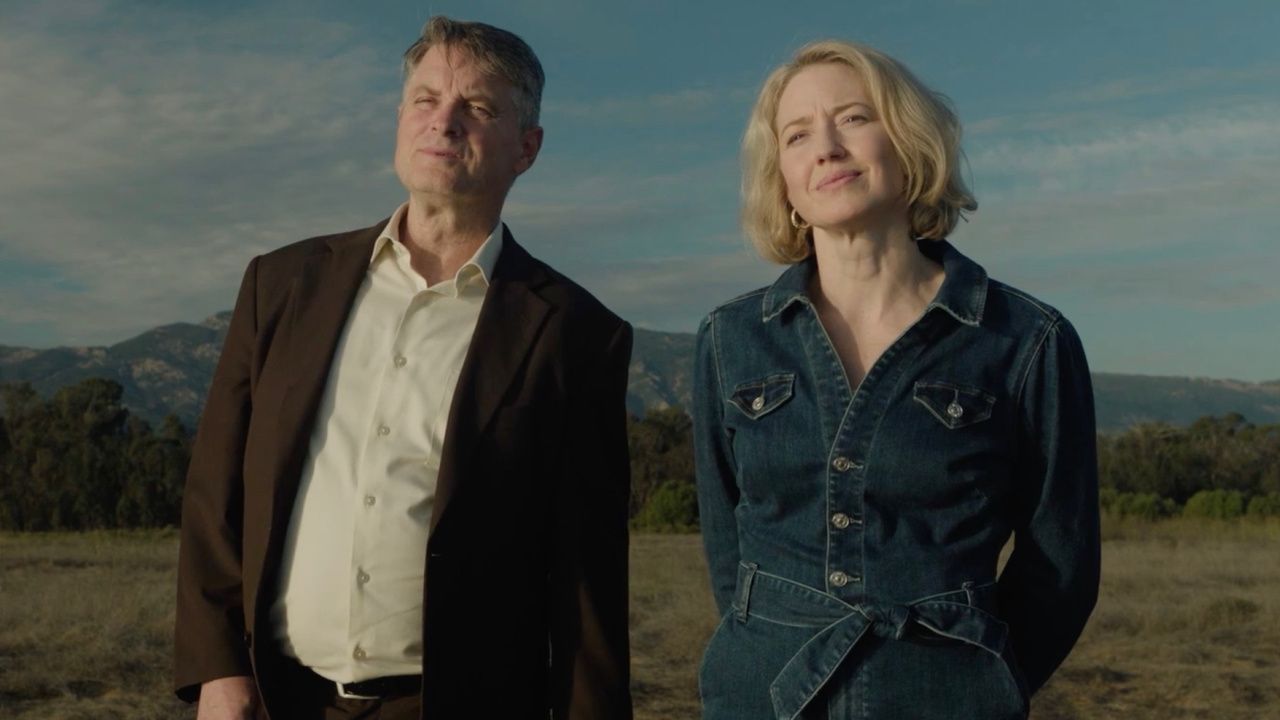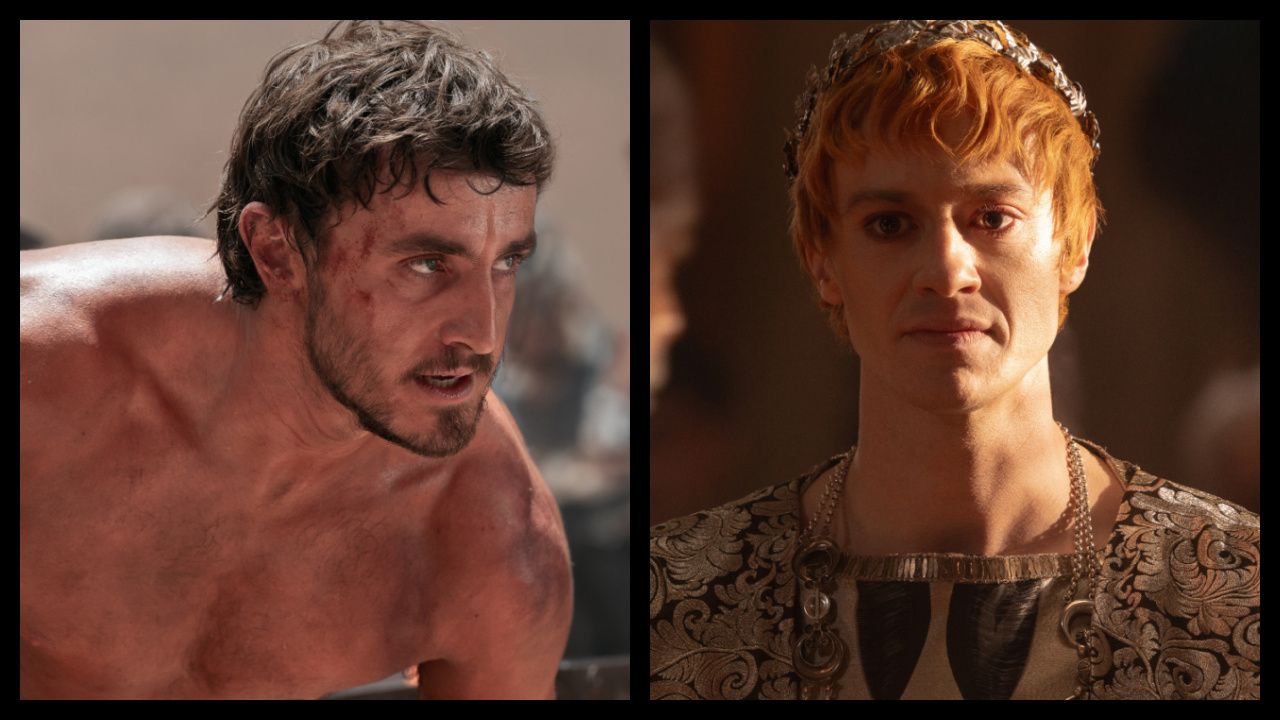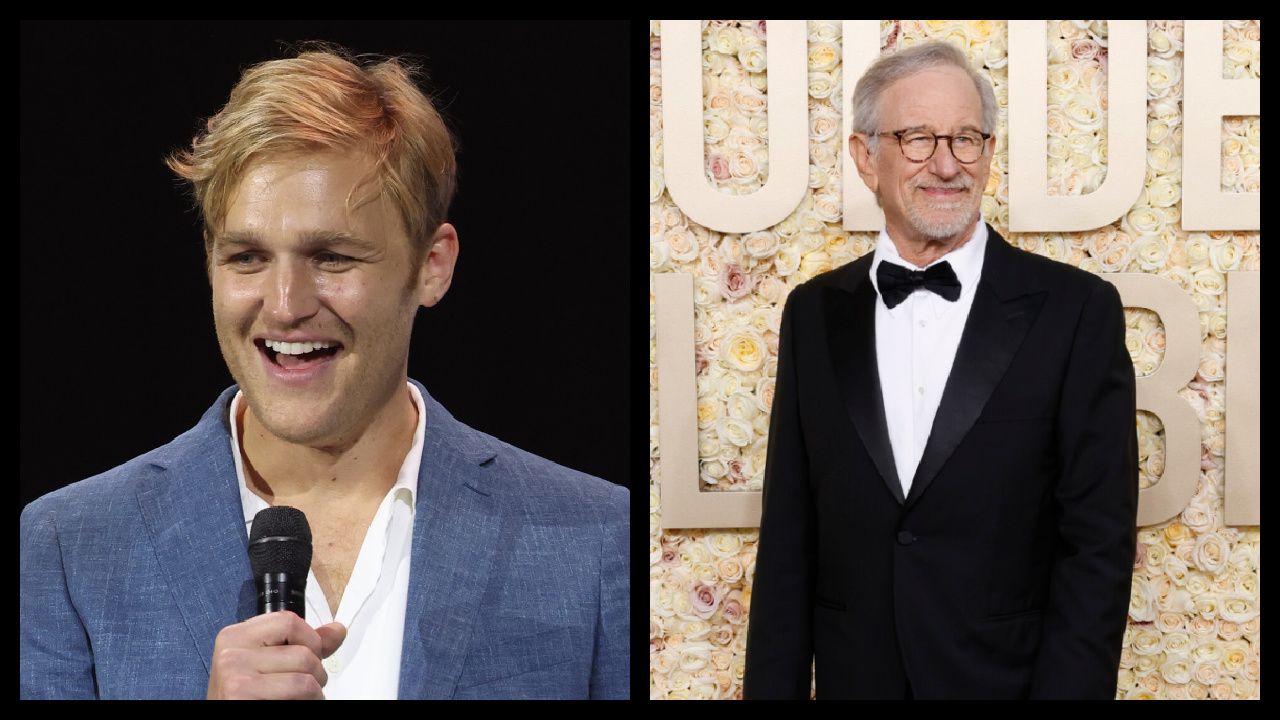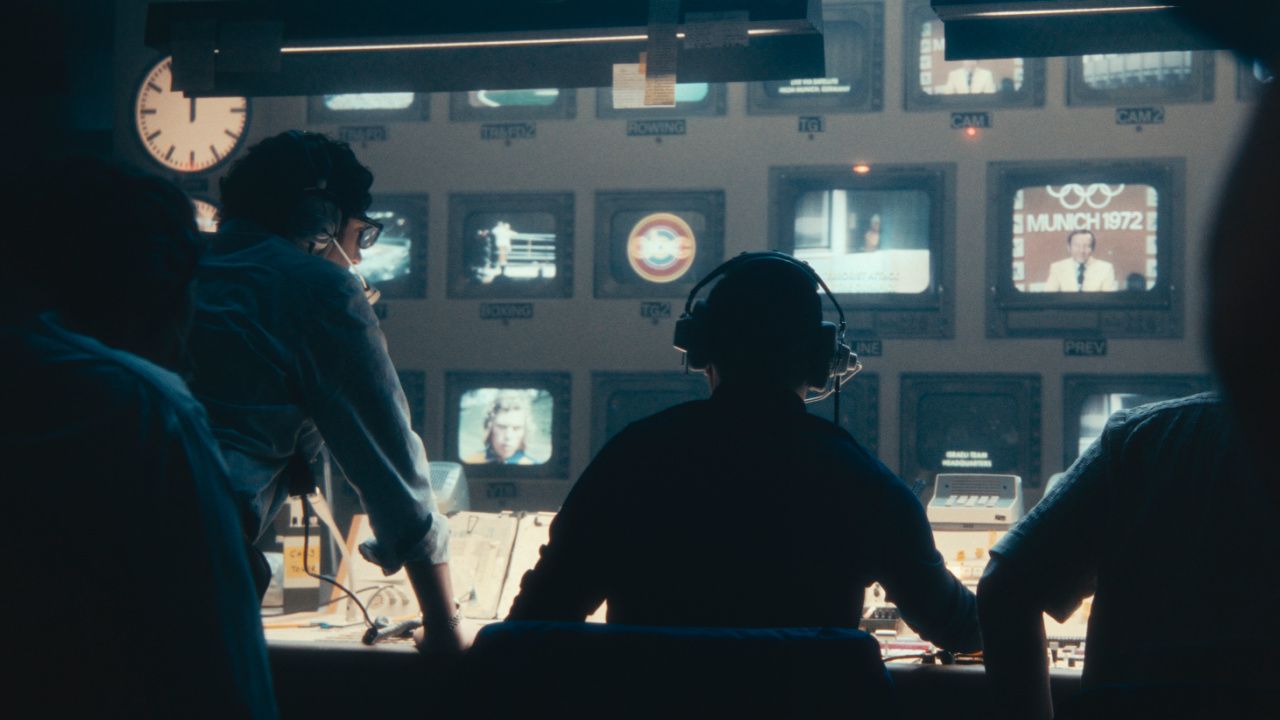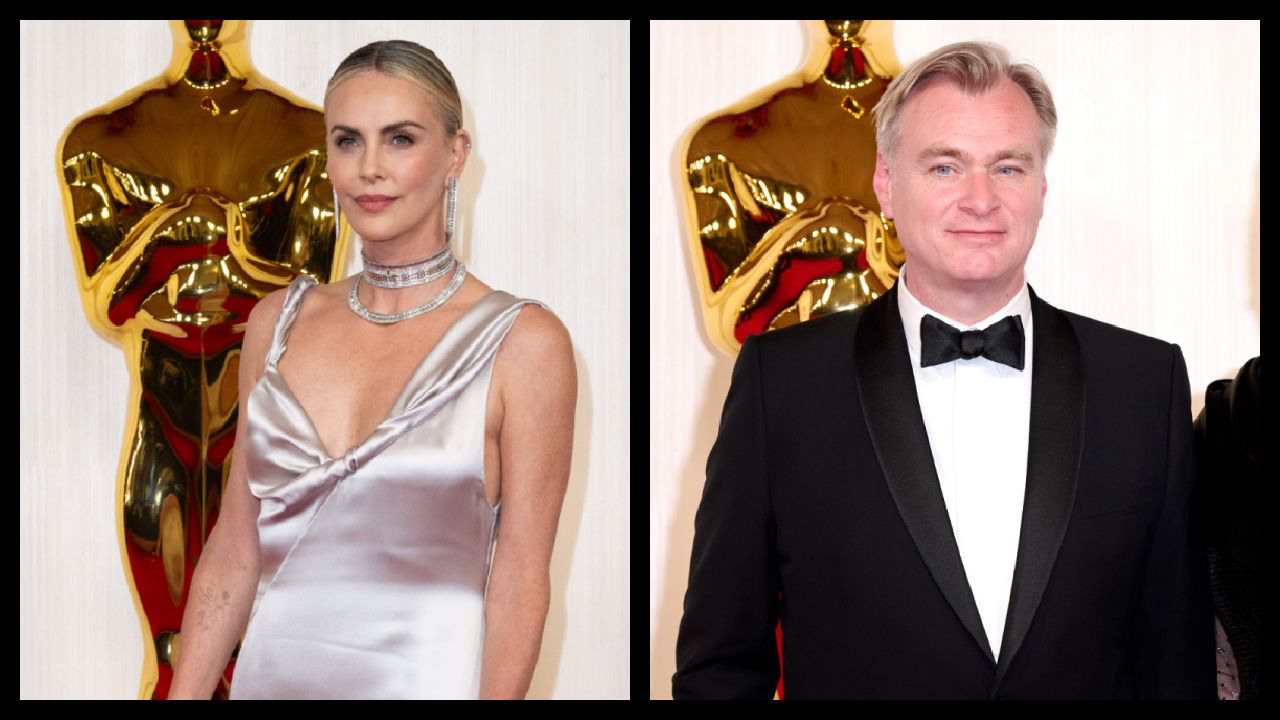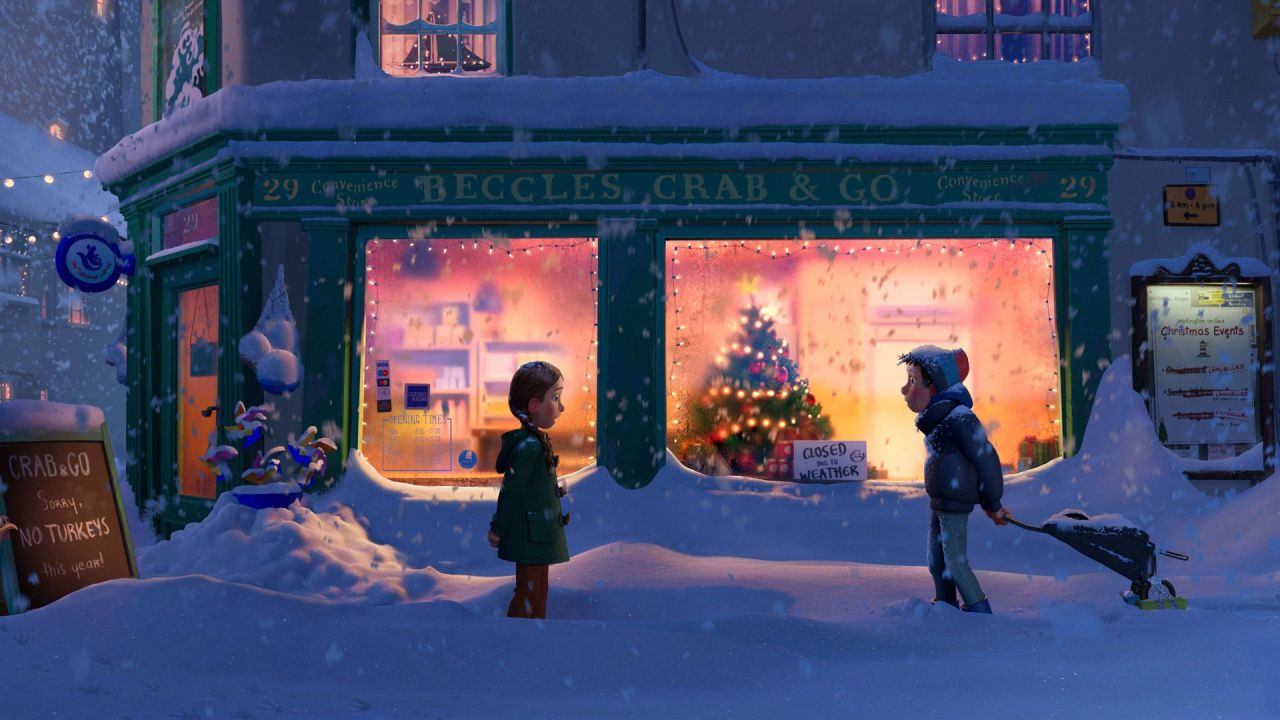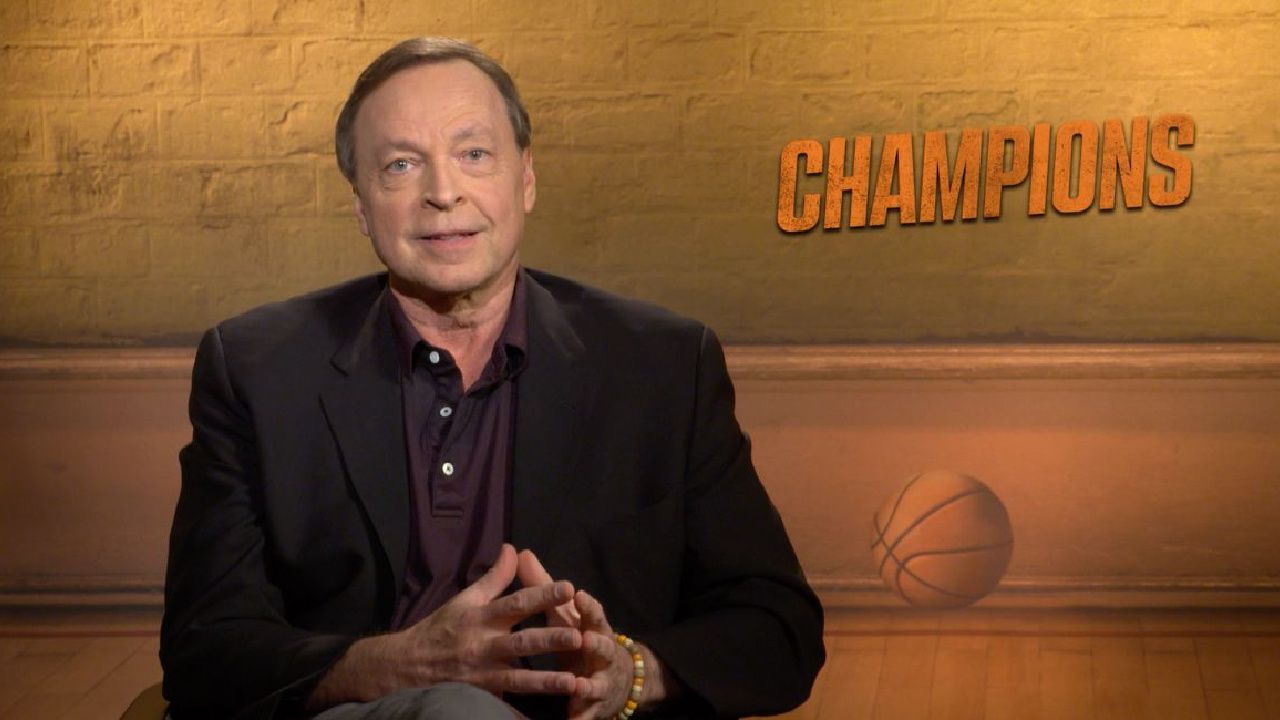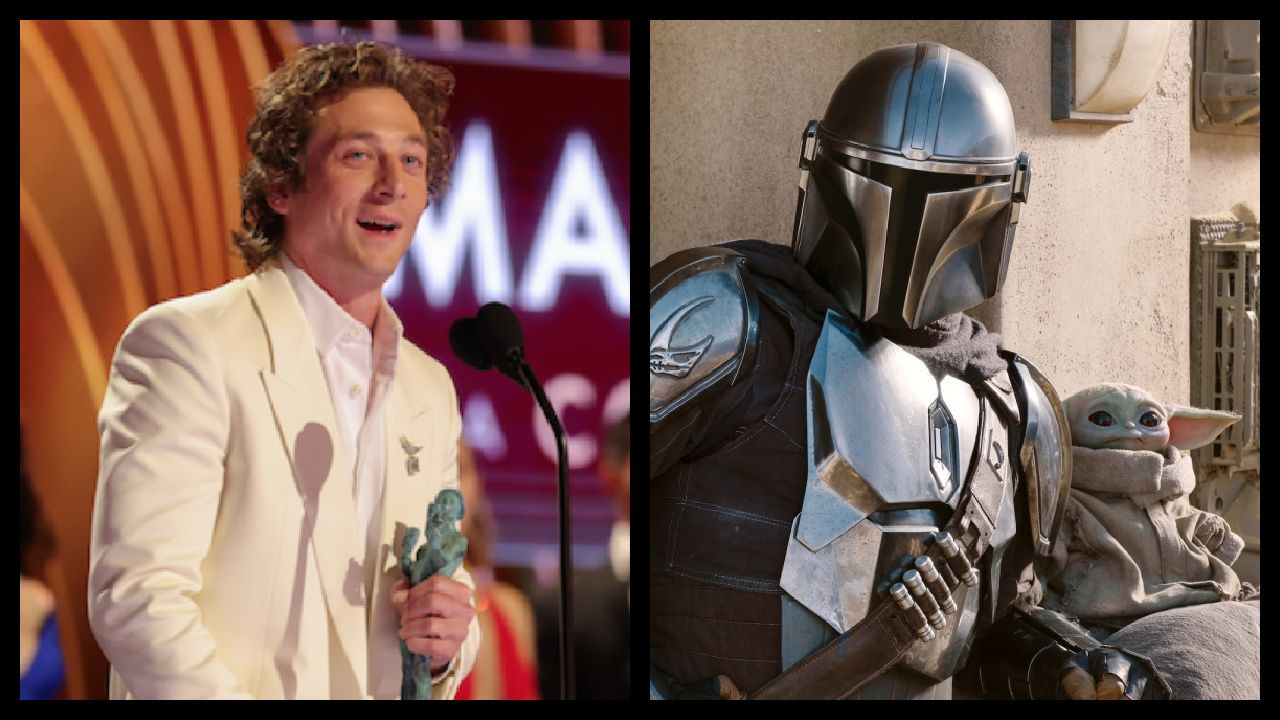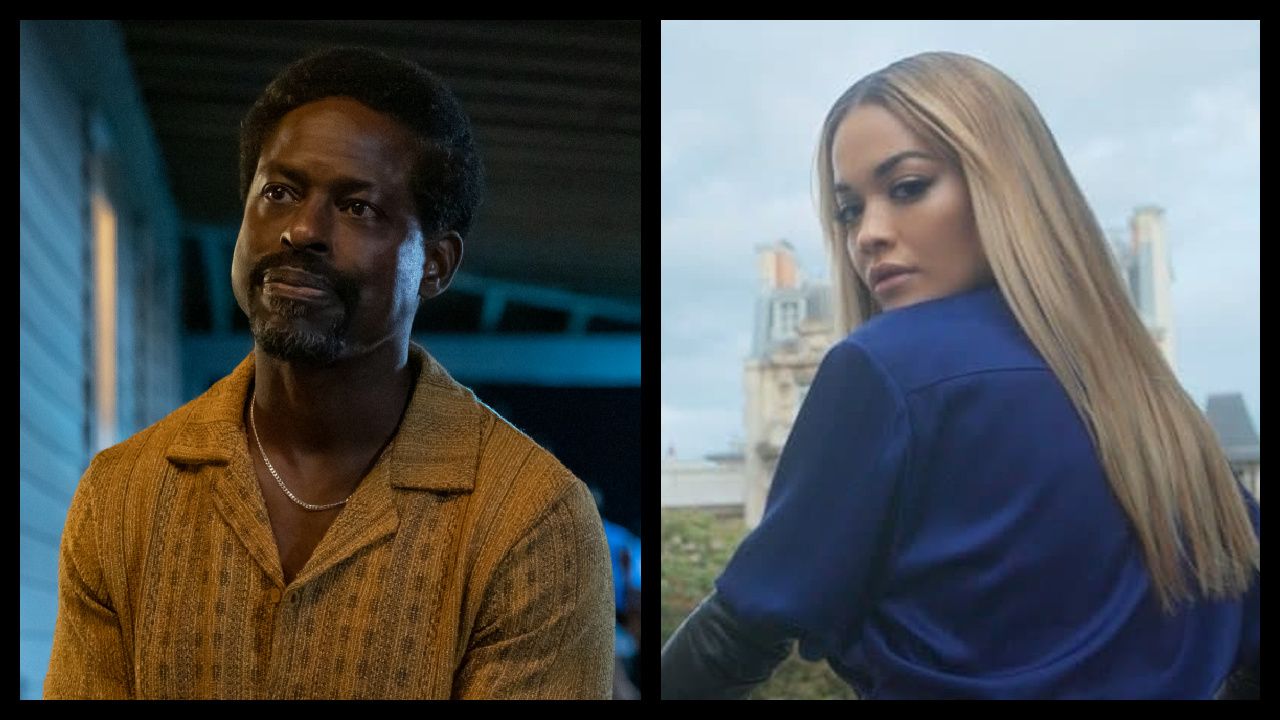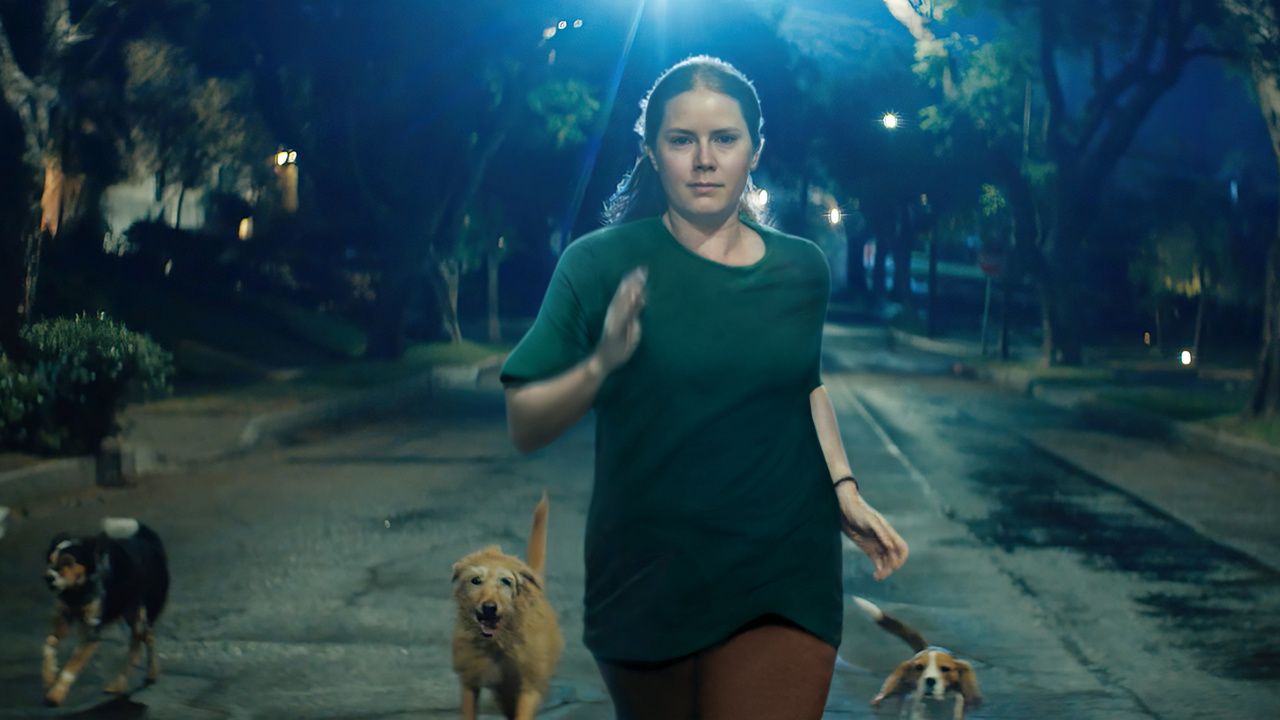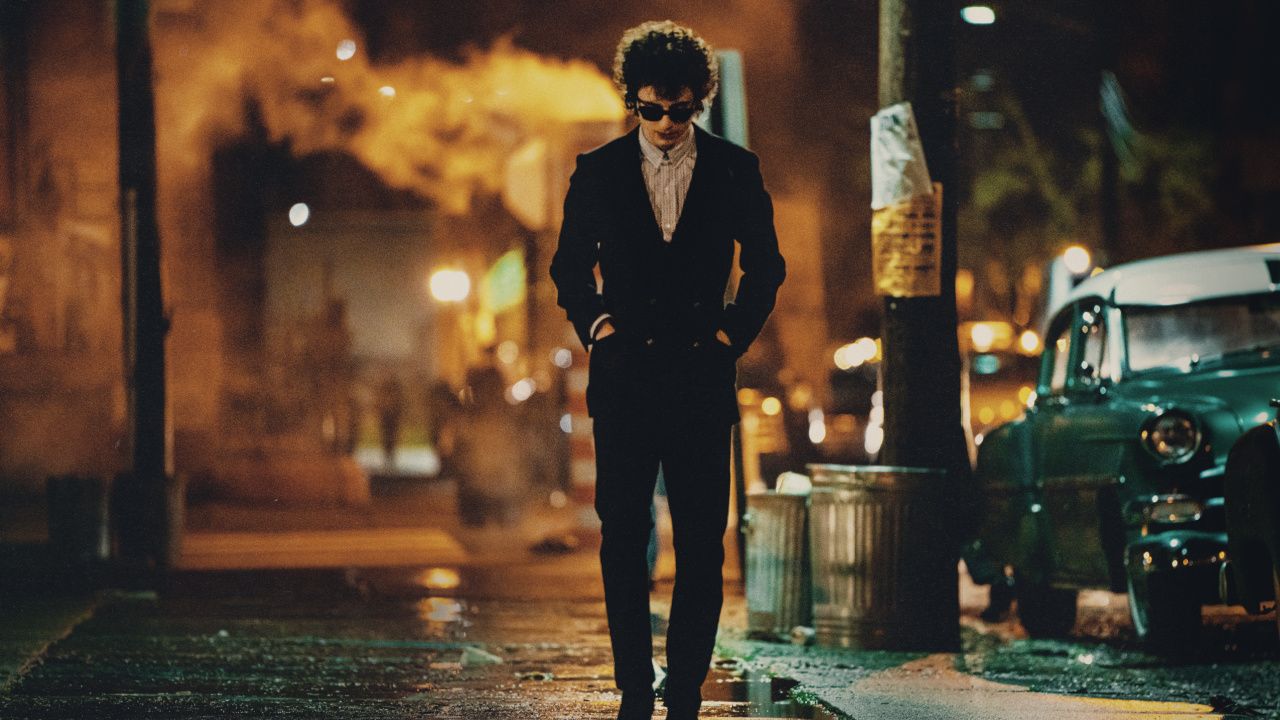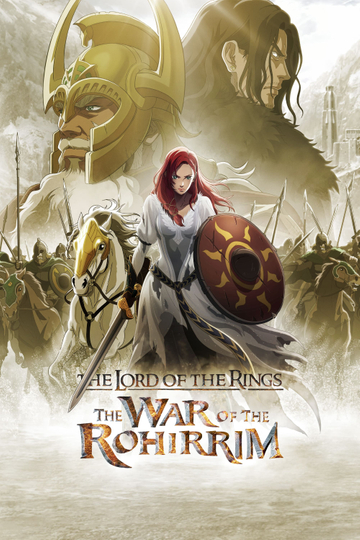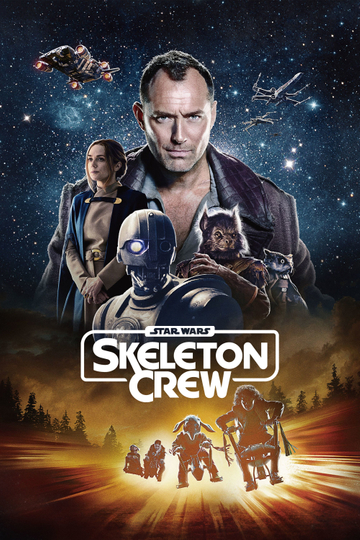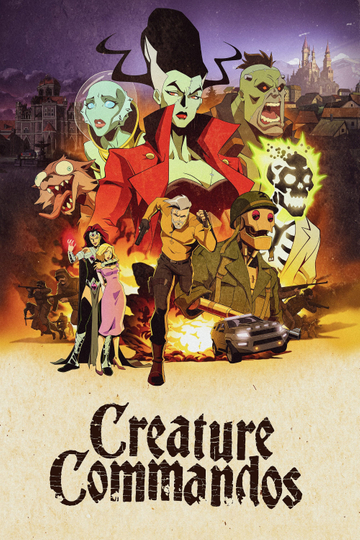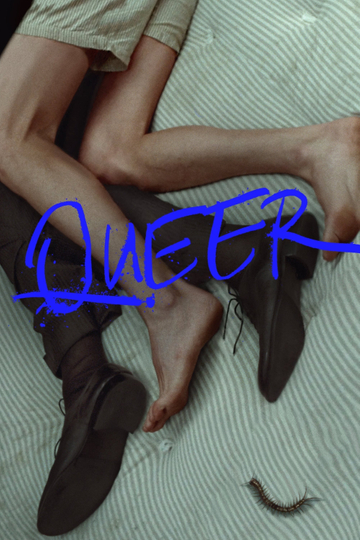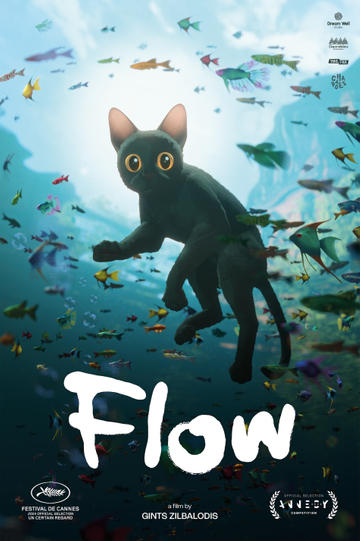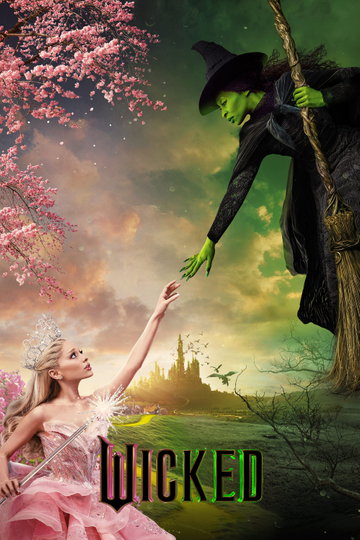Box Office: Is 'Fantastic Four' Doomed to Fail on the Big Screen?
Why can't Hollywood seem to get the "Fantastic Four" right?
The reboot endured months of badpress, culminating in director Josh Trank's disavowal (later hastily retracted) of his own film on the eve of its release on Friday. Even so, the familiarity of Marvel's First Family -- and the new, grounded take on the characters -- was expected to carry the feature to a $45 million opening weekend.
Instead, "Fantastic Four" debuted with an estimated $26.2 million, failing to unseat week-old "Mission: Impossible: Rogue Nation" from the top spot. (The Tom Cruise thriller fell 47 percent from last weekend and still came in first with an estimated $29.4 million.) "F4" is the the first comic book movie based on Marvel characters since 2011's "Ghost Rider: Spirit of Vengeance" not to open at number one.
There's already lots of speculation over whose fault this is, and what it means for the Marvel brand. Are we still going to get a "Fantastic Four" sequel in 2017? Are other studios' superhero movies going to become more formulaic and risk-averse in order to avoid future "Fantastic Four"-level fiascos?
There is plenty of blame to go around for the film being a disappointment. Some blame Trank, others 20th Century Fox -- with the clashes between the director and the studio only hurting the movie. Judging by what fans and critics have said, the reshot, tacked-on ending that Fox insisted on did the film no favors. Whether or not the film would have been better without it or was simply unfixable, we'll never know.
Trank's infamous, quickly deleted tweet on Thursday hinted that there was a better version of the movie, truer to his vision, that we'll never see. The remark seems to confirm both that the studio took the film out of Trank's hands and that both the director and the studio have been trying to cover their behinds in their efforts to salvage, release, and promote the movie they ended up with.
At the very least, "Fantastic Four" may make studios reconsider the recent practice of hiring relatively untried, low-budget directors to helm massive franchise movies. True, it's worked before for another Marvel property -- James Gunn's "Guardians of the Galaxy." Not only did Gunn's work result in a massive hit, but it also brought idiosyncratic, indie-style storytelling into a genre that's usually lacking in risk and surprise.
The approach has even worked outside of comic book movies (think Gareth Edwards directing "Godzilla," or Colin Trevorrow's "Jurassic World"). But not every indie director has the temperament and skill to command a big-budget enterprise. Neither moviegoers nor suits were overly happy with Marc Webb's "Amazing Spider-Man" movies. Director Edgar Wright, who cowrote "Ant-Man," ultimately left the film after a very public falling out with Marvel over its creative direction. And Ava DuVernay ("Selma") passed on "Black Panther," another filmmaker to join the ranks of those who pass on these types of films perhaps to avoid getting into the same kind of studio scrap that marred Trank's collaboration with Fox.
Even before "Fantastic Four's" release, Disney (Marvel's parent) had dropped Trank as director of a future "Star Wars" movie. It's entirely possible, then, that studios will prefer to hire experienced big-budget directors for their superhero movies. That could still lead to artistically daring comic book films if the director is another Christopher Nolan (who, lest we forget, got his start making tiny but incredibly inventive indies like "Memento"); less so if the director is another Michael Bay.
What does this mean for the future of Marvel's first family? A lot of pundits think Fox may let the rights fall back to Marvel. Depending on how well the new movie does overseas -- which, so far, it has made an estimated $34.1 million abroad -- Fox may decide it's not worth to continue down the road with Reed Richards and his pals. (The future of the 2017 sequel is now very much in doubt, though no one has yet to comment on its fate.)
One thing Fox will probably not do is collaborate with Marvel, the way Sony is doing with Spider-Man and allowing the Webslinger to appear in Disney's Marvel Cinematic Universe movies. Unlike Sony and Marvel, Fox and Marvel don't get along. Indeed, Marvel seems to have a history of sacrificing potential publishing and merchandising dollars just to keep from promoting Fox's Marvel movies.
If nothing else, the failure of "Fantastic Four" proves that not even movies based on Marvel characters are immune to the ill effects of bad buzz, bad reviews, and bad word-of-mouth (indicated by the movie's C- grade at CinemaScore). "Fantastic Four" shows that plenty can go wrong, at any step in the process.
It would be wise for Marvel, Disney, and other studios making superhero movies to remember screenwriter William Goldman's adage about what it takes to make a successful Hollywood movie: "Nobody knows anything."













